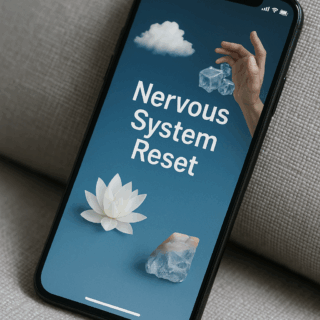From Scattered to Structured: Best Apps for Organizing Digital Knowledge

Ever feel like your ideas, notes, and important information are scattered all over the place? Some are in your phone’s Notes app, others in Google Drive, a few bookmarked articles you never read, and that random PDF… somewhere.
If this sounds familiar, you’re not alone.
In 2025, we’re drowning in digital information. The trick is not to collect less—it’s to organize smarter. Thankfully, there are amazing mobile apps designed to help you turn that digital chaos into structured, usable knowledge.
Here are some of the best apps for organizing digital knowledge—all accessible right from your phone.
1. Notion – The All-in-One Digital Brain
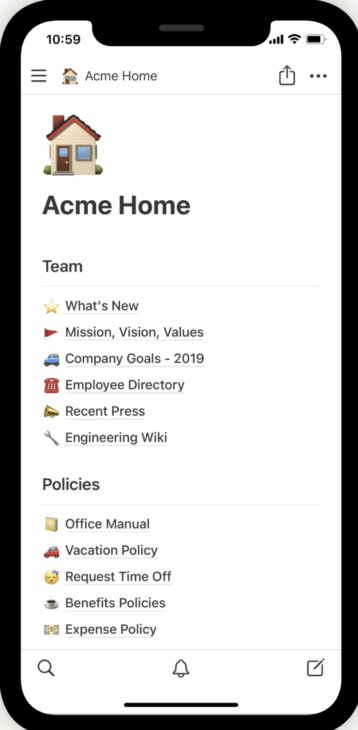
Notion has become the gold standard for personal and team knowledge management. Think of it as a flexible workspace where you can create:
- Databases
- Notes & documents
- Task lists
- Knowledge wikis
Why people love it:
- Easy to customize templates
- Syncs across devices
- Great for everything from daily planning to managing big projects
Pro Tip: Use linked databases to cross-reference notes and tasks in one view.
2. Obsidian – The Power of Linked Thinking
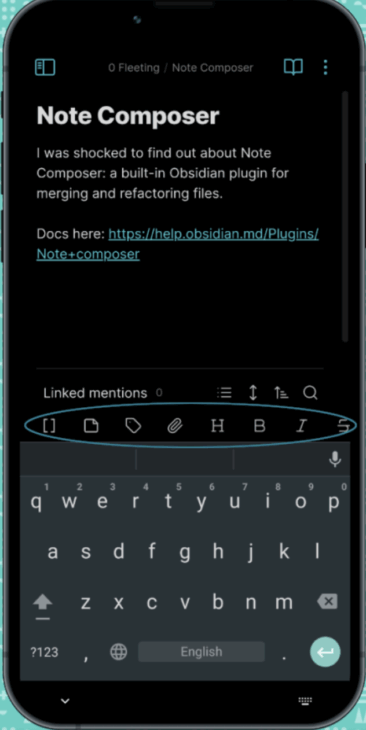
Obsidian is a local-first note-taking app that turns your notes into an interconnected web of ideas. It uses markdown files stored on your device, giving you full control.
Best for:
- Writers, researchers, and knowledge hoarders
- People who love “Zettelkasten” or “Second Brain” systems
Why it’s different:
- Graph view of connected notes
- Local storage (cloud optional)
- Plugin ecosystem for advanced workflows
3. Logseq – Outlining Made Smart (and Simple)
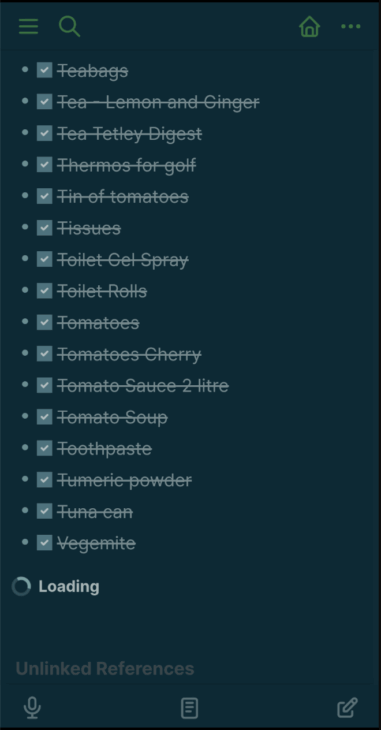
If you prefer outlining over freeform notes, Logseq is for you. It blends bullet journaling, task management, and linked knowledge into one sleek app.
Highlights:
- Local storage with cloud sync options
- Ideal for daily notes & long-term knowledge
- Simple markdown-based structure
Why it’s great for mobile: Quick capture of ideas that automatically fit into your structured outline.
4. Evernote – The Veteran That Keeps Evolving
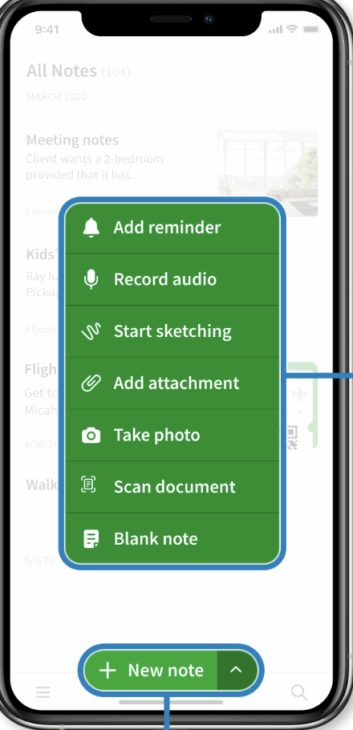
Evernote has been around forever, but in 2025, it’s smarter and faster. Its mobile app shines for:
- Clipping web articles
- Scanning documents
- Organizing multi-format notes (text, images, audio)
With robust search and tagging, it’s perfect for users who want a familiar, all-purpose organizer.
5. Google Keep + Google Drive – Simple Yet Effective Duo
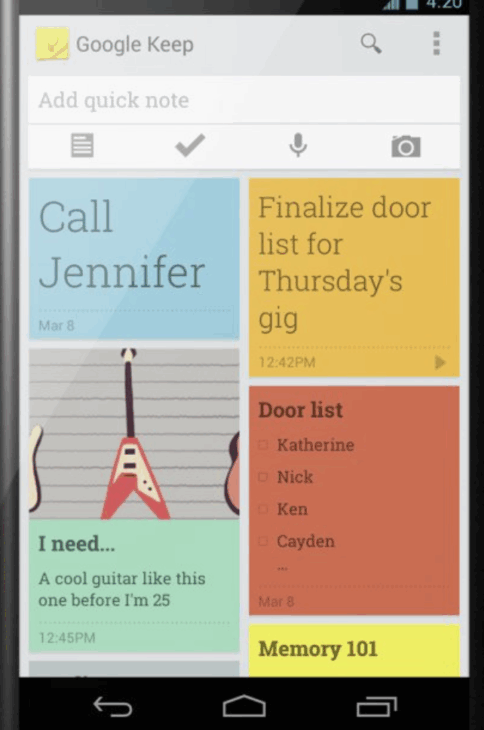
Sometimes, simple is best. Google Keep for quick notes & checklists, and Google Drive for structured files & folders, is still a powerful combo.
Best for:
- Users deep in the Google ecosystem
- Quick capture + easy search
- Sharing & collaboration
Keep it simple:
- Use colors & labels in Keep
- Organize Drive with naming conventions (Project_2025_Notes.pdf)
Visual Recap
| App Name | Best For | Key Strengths |
|---|---|---|
| Notion | All-in-one workspace | Databases, templates, team-friendly |
| Obsidian | Linked personal knowledge base | Graph view, local storage |
| Logseq | Outlining & daily notes | Simple structure, bidirectional links |
| Evernote | Multi-format note organization | Web clipping, document scanning |
| Google Keep | Quick notes & reminders | Simplicity, syncs with Google Drive |
Final Thoughts
Organizing your digital knowledge doesn’t have to be complicated. Whether you prefer visual mind maps, structured outlines, or simple sticky notes, there’s a mobile app that fits your style.
Start small. Pick one app, commit to it for a month, and see how much easier it becomes to find what you need, when you actually need it.

